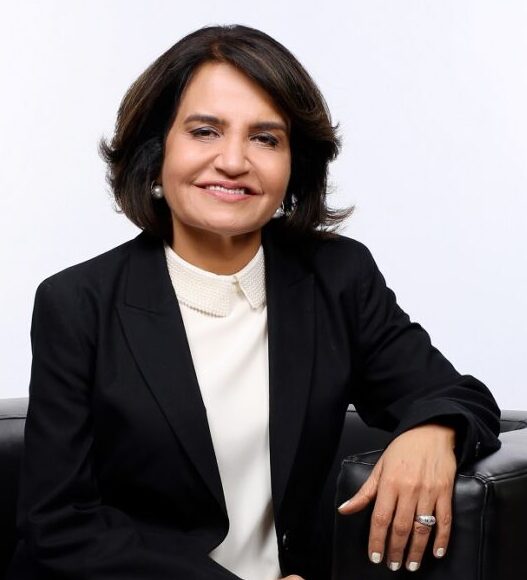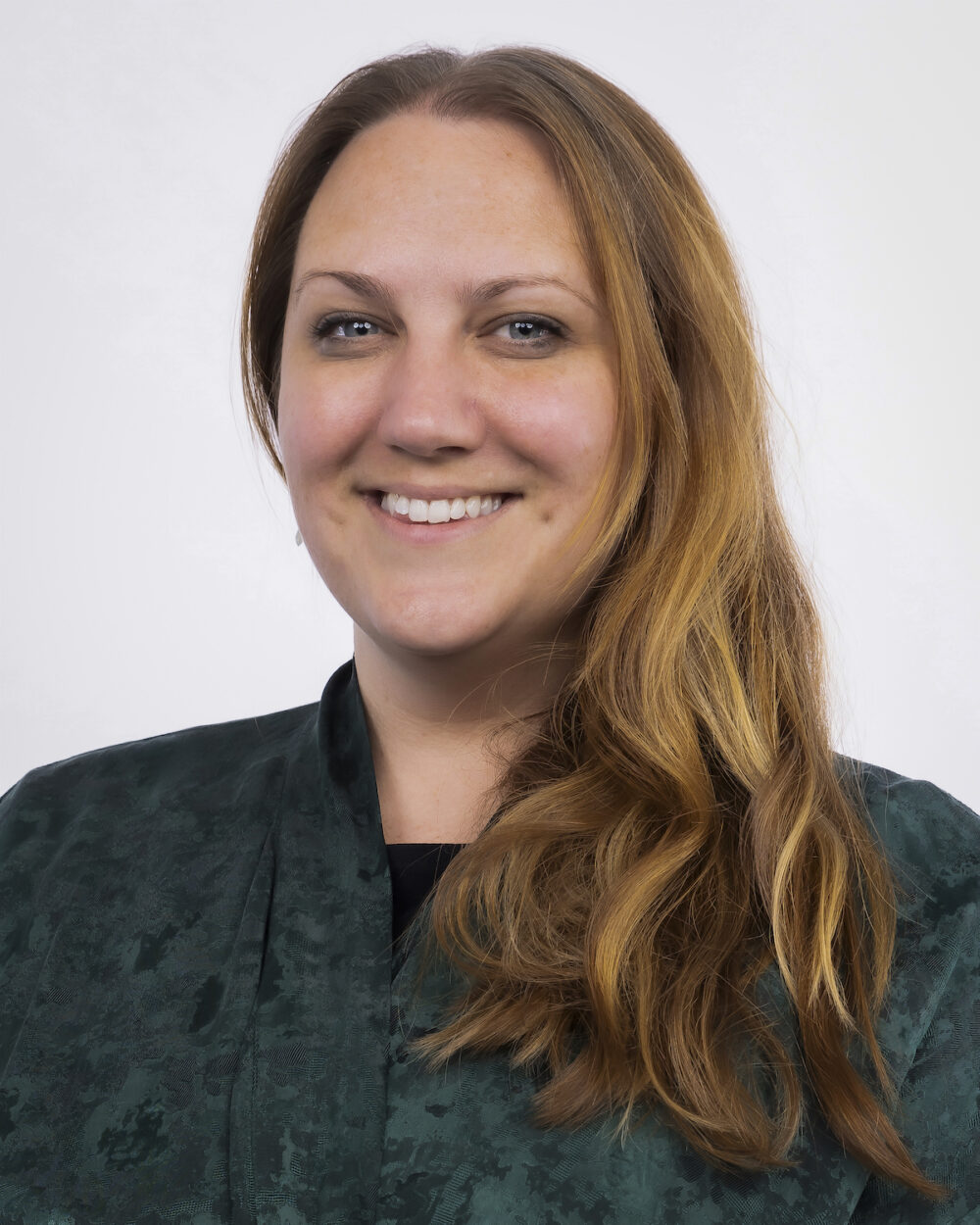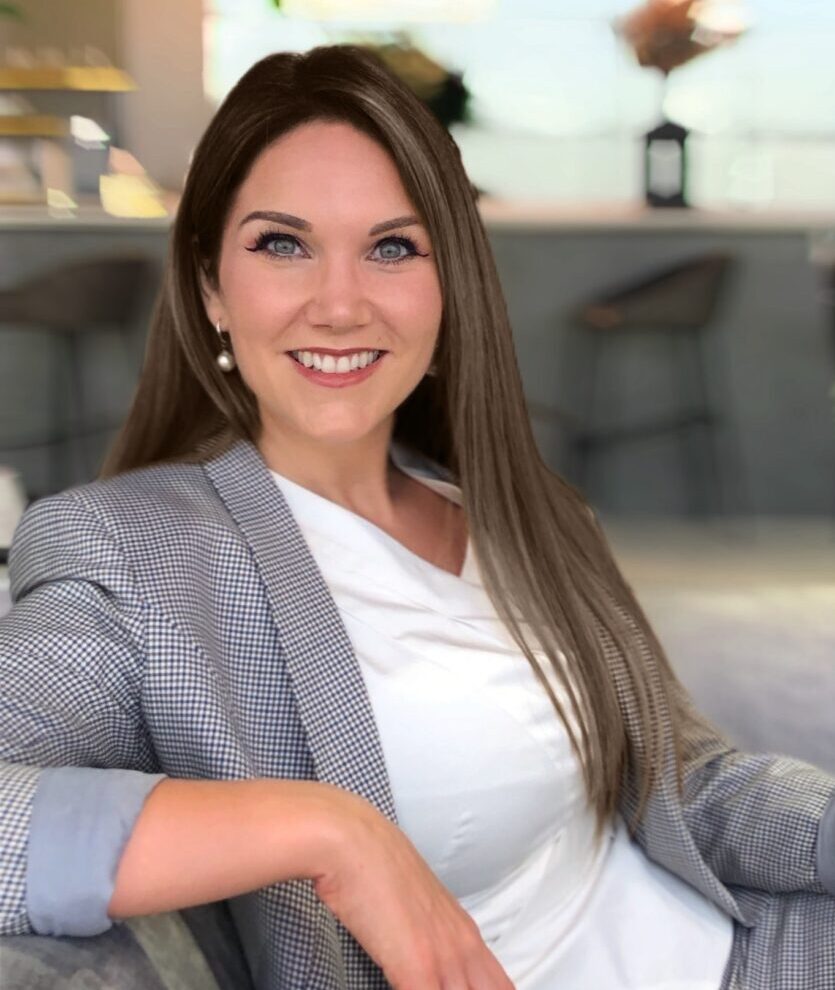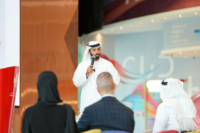As we throw the spotlight on female learners and educators on International Day of Women and Girls in Science, Education Middle East finds out that women continue to strengthen their role in STEM education across the GCC despite concerns of faculty shortage across various institutions
Dubai, Feb 11, 2024: Representation of women, both among learners and educators, has been steadily rising in countries such as the UAE and Saudi Arabia.
Policy initiatives, vision documents aided by strategic goals and public-private participation have all aided in sustaining the momentum for STEM (Science, Technology, Enginering, Mathematics) education across the GCC region, and add to this the significant impact played by role models in the region in fostering innovation and motivating and promoting young minds to take up careers in science, engineering and technology.
Schools and higher education institutions in the region have laid special emphasis on promoting STEM education in the past decade.
Key initiatives
The UAE Ministry of Education has launched several initiatives to encourage students to take up STEM, including an annual national science fair – the National Science, Technology and Innovation Festival (NSTIF). The Emirates Foundation has been running ‘Think Science’, an annual youth-focused programme for students between the ages of 15 and 35 to develop their knowledge in the science, technology and innovation.
“While these programmes target both genders, they have played an instrumental role in encouraging women to take the lead in STEM and entrepreneurship,” says Poonam Bhojani, CEO, Innoventures Education.

The UAE, according to her, is pioneering equality in education and literacy. “Statistics reveal that more women than men complete secondary education and enrol in university and post-graduate institutions in the country. In fact, women make up 41% of UAE government university graduates in STEM. The literacy rate of women in the UAE is also remarkably high at 95.8%. Many of these women in STEM are playing a vital role in research and science in the UAE. Their representation as educators in GCC schools is improving but there is certainly opportunity to attract and retain more in the future,” she adds.
A recent study by UNESCO reveals that a majority of graduates in the UAE (about 61%) from STEM subjects are women in contrast to 57% from the rest of the Arab world.
Victoria Hopkin, CEO and Founder of the Cambridge Consultancy Group, Educational consultant and STEAM specialist working with Fortes Education says the GCC, with its diverse educational landscape, is recognising the importance of gender diversity in STEM fields.
Role models
According to Hopkin, the GCC showcases an impressive presence of women in STEAM, embodying inspirational role models. “Dr. Hunada Kanbar, the founding Chief Learning Officer and Assistant Professor at Sharjah Education Academy, is a significant contributor to advancing education and has personally inspired me to pursue innovative excellence in education,” she says.
Her Excellency Sarah Al Amiri, UAE Minister of State for Public Education and Advanced Technology, stands out as a pioneering figure, notably serving as the Chairwoman of the UAE Space Agency. “She stands as a prominent example, showcasing the leadership and contributions of women in STEM at the highest levels,” says Hokpin, adding that innovators such as Fatima Al Kaabi, known for inventions such as a photographer robot and a multipurpose solar bag, exemplify the exceptional creativity and contributions of women in STEM across the GCC.
Bridging the divide

Saudi Arabia’s Vision 2030 is also laying growing emphasis in encouraging women to pursue STEM programmes, aiming to narrow the gender gap in these fields. Lucy Todman, Vice Principal Learning and Teaching, Misk Schools says this initiative encompasses many scholarship opportunities offered through the Ministry of Education, as well as other national and private institutions. “These, along with training and mentorship initiatives, are all geared towards helping women gain the skills and qualifications needed for successful careers in science and technology,” she adds.
Data from KAUST (King Abdullah University of Science and Technology) indicates that the focus is proving to be successful, says Todman. “It reports a female student body population of 39% – a figure higher than the global average of women in STEM programmes; and 47% women graduates in the AI extension courses by the KAUST Academy,” she says.
“In my observation of STEM careers in the GCC, I’ve witnessed a nurturing organisational culture that prioritises inclusivity and champions gender equality,” says Hokpin.
However, according to her, a universal challenge that requires ongoing attention worldwide is the educational pipeline. “It is crucial to inspire girls to embrace STEM subjects early on in their education. Enhancing the educational pipeline through equitable access and resources for girls in STEM education is key to overcoming issues of underrepresentation in the field,” says Hokpin, adding that global events and competitions such as the ‘First Lego League,’ present such opportunities.
Biggest Challenges
Bhojani notes that women in STEM do face challenges at various stages of their careers. “This could be family pressure, gender bias, lack of mentorship and inadequate career advancement opportunities. This leads to many of them dropping out,” she says.
However, those who do use the opportunities presented to them, including government initiatives and family support, are able to overcome these obstacles and progress their careers. “We have witnessed national-level projects in the UAE helmed by women, including the UAE’s Emirates Mars Mission which launched from Dubai, where women made up 34% of the mission and 80% of the entire science team,” she adds.

Elaborating on the initiatives played by their institutions in promoting women in STEM, Hopkin says at Fortes Education there is a concerted effort to promote increased involvement of women educators in STEM and is reflected in a multifaceted approach. Community engagement initiatives, according to her, play a pivotal role in raising awareness and inspiring girls to engage with STEM subjects. “Through our programmes, interactive workshops and collaborations with local organisations, we strive to instill a passion for STEM education among students, particularly girls, from an early age,” says Hopkin.
At Innoventures Education, Bhojani says all efforts are made to support the UAE Government’s message that STEM careers are careers of the future. “We are committed to nurturing talent and promoting the advancement of women in STEM – not just as a domestic priority but as educators to foster an innovative culture and nurture skills that develop students into international, sustainable leaders of the future,” she says.
STEM Girls Group (FEMSTEM), she says, is empowering female students in Years 7, 8 and 9 to excel in science, technology, engineering, and mathematics, and since its inception in 2019 has been instrumental in fostering a passion for STEM subjects among young women, aiming to address the gender gap in these fields.
“The group has not only inspired a passion for STEM subjects but has also significantly contributed to a remarkable shift in the gender distribution within the IBDP Higher Level (HL) subjects of mathematics and physics, says Bhojani adding that over the past few years, there has been a remarkable increase in female enrolment in these rigorous subjects, climbing from approximately 10% to an impressive 35%.
Todman says her organisation strives to elevate STEM teaching as a standout offering in the school by exposing both teachers and students to inspiring female role models as well as the very latest innovations from both the commercial and academic spheres. “We had the unique opportunity to communicate personally with Saudi Arabia’s Rayyanah Barnawi, the first Arab Muslim female astronaut via satellite while she was aboard the International Space Station,” she adds.
Misk Schools, Todman says, was the first Saudi school to partner with Girls4Tech, a Mastercard initiative to inspire and prepare girls aged 8 to 16 for careers in science and technology.
Collaborating with the Saudi Data and AI Authority (SDAIA) and Tuwaiq Academy led to the establishment of the Fourth Industrial Revolution Centre (Atheer), providing state-of-the-art digital programmes in AI, programming, cyber security and robotics.
“Through our partnership with Saudi Arabia’s leading science university, KAUST, we offer various opportunities, including International Science Competitions Training, supporting our success in Olympiads,” she says.
Female representation
Todman says that Misk Schools focuses on attracting female Saudi nationals to the teaching profession, particularly in STEM. The on-site professional development centre, the Misk Schools Academy, sponsors a teacher development programme for Saudi graduates. Currently, three out of the four participants in the programme are women, all specialising in STEM subjects – two in science and one in maths.
“The number of female STEM educators per student in our Girls’ Schools is equal to that of the Boys’ Schools, and when you factor in our teachers in the Junior Schools – including our female Head of STEM, we have excellent female representation,” says Todman.
Hopkin points out that within the network of schools she collaborates with, two-thirds of individuals in roles related to STEM are women, and one-third of their specialist STEAM teachers are female.
At Innoventures Education more than 60% of STEM teachers in secondary schools are female; while all primary class teachers do their STEM teaching.
However, as Todman points out, although female representation is on the rise, there is still a long way to go to close the gender gap – particularly in subjects such as Physics and Engineering where there is a teacher shortage globally, and also in the GCC.
While jobs in STEM are being promoted across Saudi and GCC-wide, the number of teachers attracted into the education profession is diminishing.
Recruiting passionate, talented female STEM teachers is paramount for inspiring success in the next generation.
As Todman notes, this is a rapidly evolving space and so keeping up with the opportunities available, understanding where the scholarships are and the organisations that can provide support is essential for any teacher.
“There are resources which require specific skill sets which are harder to find amongst women educators, for example those trained in resistant materials in Design Technology, or Engineering. This means that female teachers often have to navigate areas beyond their own specialism to ensure the opportunities are available for the girls,” she says.
Exciting opportunities
As Hokpin points out Dubai and the GCC as a region offer exciting opportunities for female educators in STEM. The region is focused on inclusivity in STEM education and women are playing pivotal roles in shaping this change.
According to Bhojani, there are enormous opportunities for female educators in STEM. As the UAE offers a rich and diverse ecosystem for learning and career progression, there is ample scope for women to pursue opportunities as educators. “A testament to the UAE’s success in nurturing female talent is the UAE had the highest number of women on Forbes’ 100 Most Powerful Arab Businesswomen in 2023, with 15 Emirati women on the list. Women business-owners also account for 10% of the total private sector in the UAE. Furthermore, 25,000 Emirati businesswomen run projects worth over Dhs60 billion, and occupy 15% of board positions in the chambers of commerce and industry,” she says.
Todman points out that that this must be one of the most exciting times to be a female educator in STEM in Saudi Arabia. “With the job industry actively seeking to attract more women into the field, there is a wealth of career opportunities for STEM graduates – and a real sense of momentum. At the national level, Saudi Arabia demonstrates both the will and the investment capacity to significantly bolster education, equipment, facilities and support systems, ensuring that female educators have the resources they need to thrive and empower the next generation of STEM leaders.”








